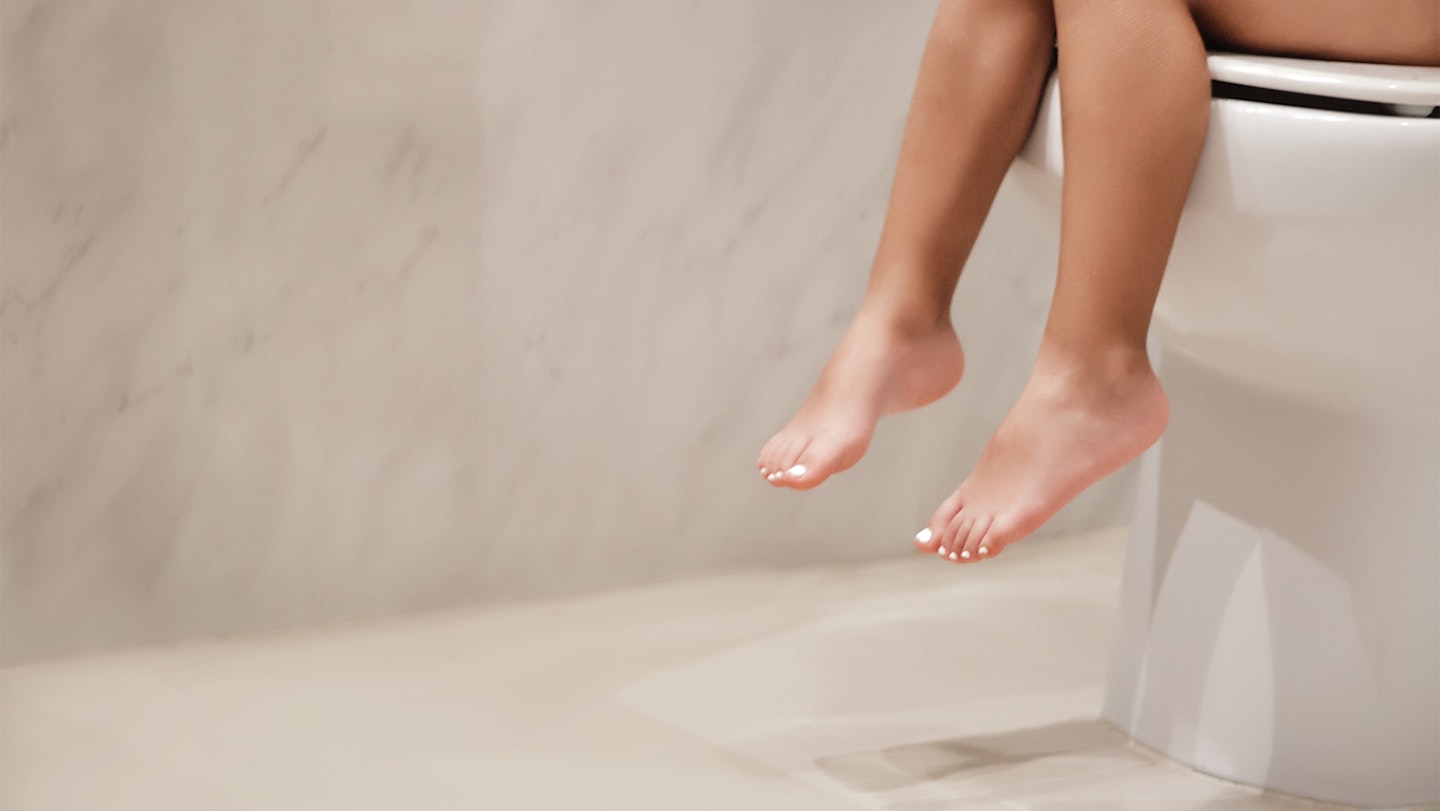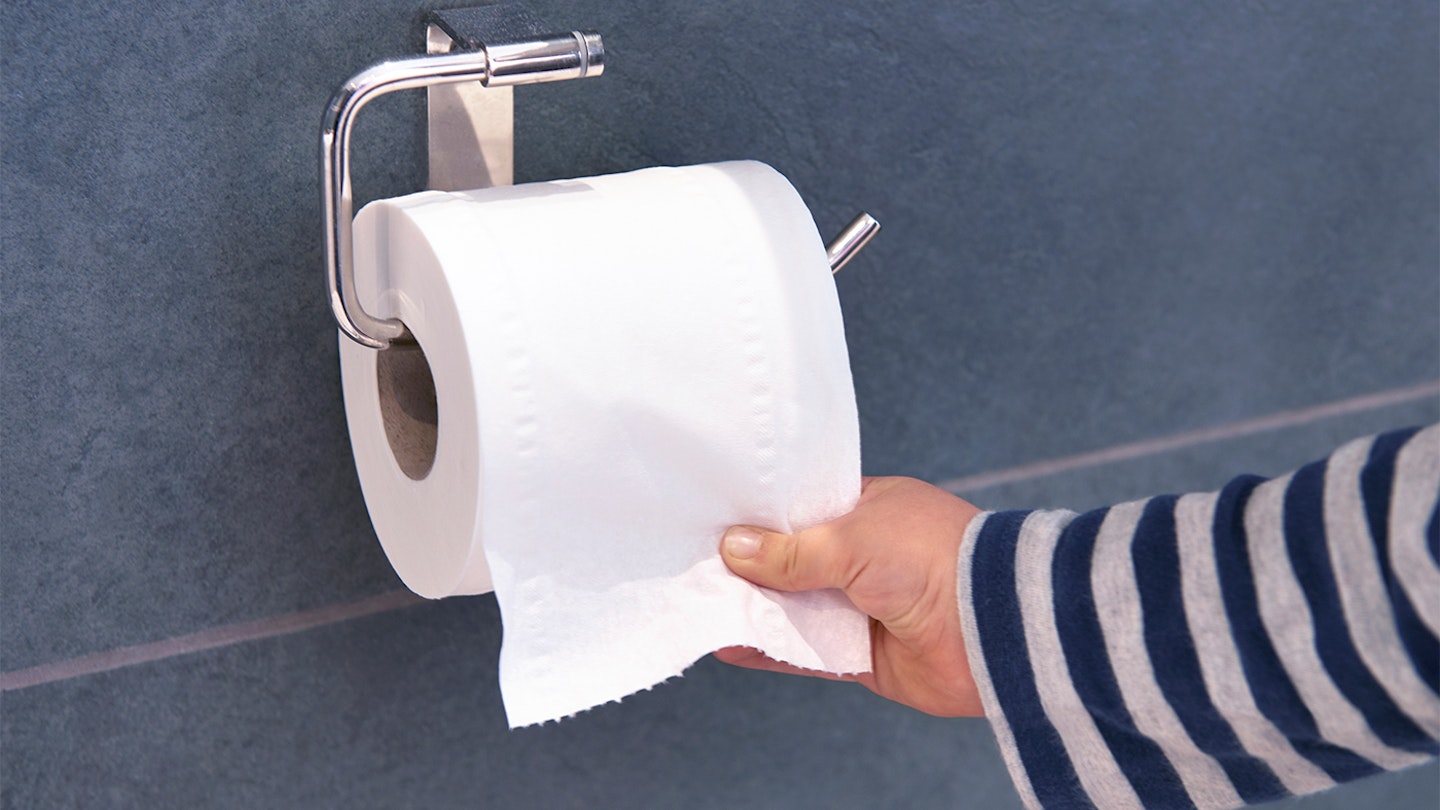Anyone who’s ever had a UTI (urinary tract infection) or water infection as they’re sometimes called will know just how uncomfortable they can make you feel and how serious they can get. That’s why it’s important to know the signs and symptoms of UTI’s in children and make sure you’re clued up on how to treat UTI’s and prevent them from coming back again.
To find out more about UTI’s in children including the causes, symptoms, treatment and prevention, we spoke to NHS General Practitioner, Dr Sanjeev Kalia to get his expert advice.
What causes UTI in kids?
Most infections are caused by bacteria from the digestive tract reaching the urinary tract. The most common is Escherichia coli (E. coli) bacteria which normally live in the colon. This bacteria can sometimes reach the urinary tract when a child wipes their bottom.
Symptoms of UTI in children
Like with most things the age of a child makes a big difference as often younger children are unable to communicate sources of pain or discomfort. Symptoms of a urinary tract infection (UTI) may include:
• Pain or a burning sensation when peeing (dysuria)
• Needing to pee more often than usual
• Needing to pee more often than usual during the night (nocturia)
• Needing to pee suddenly or more urgently than usual
• Pee that looks cloudy
• Blood in their pee
• Lower tummy pain or pain in your back, just under the ribs
• A high temperature, or feeling hot and shivery
• A very low temperature below 36C
• Your baby's pee may also be dark or smell. If this is their only symptom, it might be because they've not been drinking enough water.
Younger Children with UTIs may also:
• Have a high temperature – your child is feeling hotter than usual if you touch their neck, back or tummy
• Appear generally unwell – babies and young children may be irritable and not feed or eat properly
• Wet the bed or wet themselves
• Be sick
What can be causing a recurrent UTI in kids?
This can occur if children are not practicing safe cleaning, for example, cleaning themselves properly after passing urine like wiping back to front instead of front to back or suffering from bouts of constipation.

How do you know if your child has a bladder problem?
Children present in a variety of ways. This could be from bedwetting to difficulty in holding their urine or pain when passing urine. If you are concerned you should contact your GP.
What antibiotics will they give my child for their UTI and how long will they take to work?
Common antibiotic regimes include trimethoprim and amoxicillin and normally start to take effect immediately. The dose and duration of courses can depend upon the age and sex of the child.
Can I get antibiotics for my child’s UTI from a pharmacy or do I need to see a doctor?
For children you do need to see a qualified doctor to ensure the child has a thorough assessment. Pharmacies are allowed to give treatments for UTIs but these are only for adults.
Can a child's UTI go away on its own?
They can self-resolve but normally need antibiotics and if untreated can quickly progress to make a child very unwell.
How can I treat my child's UTI at home?
Make sure you give plenty of fluids and regular pain relief to ease their pain but also start any antibiotics immediately and ensure you complete the course. Stopping courses of antibiotics before the designated period can result in resistance to antibiotics as well as worsening of symptoms.
What are the dangers of UTI in kids?
UTIs can leave children very unwell, dehydrated and even at risk of sepsis (a life-threatening infection which can affect all of your organs). They can also result in lasting damage to a child’s kidneys.
What are the different types of UTI children can get?
There can be lower urinary tract infections mainly towards the genitalia and upper urinary tract infections which attack the kidneys.
How can you prevent your child getting a UTI?
• Make sure your child drinks plenty of fluids.
• Tell your child to empty their bladder fully when urinating.
• Teach girls to wipe from the front to back after going to the bathroom.
• Make sure your child doesn’t get constipated.
About the expert

Dr Sanjeev Kalia is an experienced NHS General Practitioner who has worked as partner at three different surgeries in the Midlands over the past 9 years. In each of his surgeries he has been the lead for newborn baby health screening known as the ‘6-8 week check’. Dr Kalia has a strong interest in medical education and encourages patients to be empowered to self-manage their care through media such as apps and online platforms. He works as a GP trainer and for many years as a tutor to medical students as well as holding an interest in digital healthcare. He is also the founder of the baby burp cloth innovation, Avi Bear.
